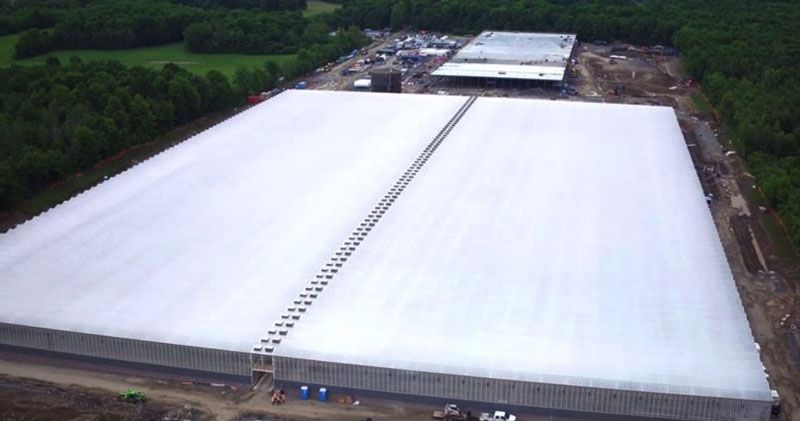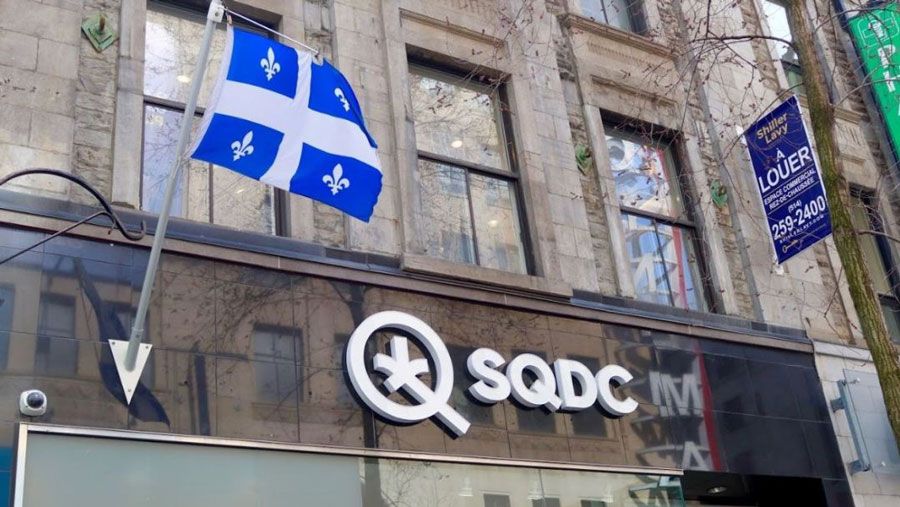Canadian cannabis producer Hexo Corp. lost almost 21 million Canadian dollars ($17.3 million) in its third quarter on revenue that came in substantially lower than expected, in part, because of increasing competition from craft marijuana companies.
Net revenue for the three months ended April 30 was CA$22.7 million, 31% lower than the previous quarter, and about one-third lower than analysts’ predictions.
The company’s CA$20.7 million net loss was about the same as the previous quarter’s deficit, bringing the year-to-date loss to CA$45.7 million.
“Q3 was our fault,” Hexo CEO Sebastien St. Louis said on a conference call with analysts, citing cultivation decisions made by the company and production issues relating to hash.
The CEO said the company removed some strains from its catalogue that were doing well in Quebec, planning to replace them with “incredibly promising” strains.
“What happened, nine months later when we actually cultivated … is we did not hit the same quality. We could not replace our strains that were now out of inventory with better or like-quality (strains),” St. Louis said on the call.
“That resulted in a loss of flower share.”
St. Louis said demand for high-potency hash outstripped what the company was able to supply, providing an opportunity for smaller competitors to move in.
“What we underestimated was the speed with which the cannabis industry moves,” he told analysts, pledging not to repeat the mistake.
He said competitors, especially craft producers, started releasing higher-THC hash into the market.
“Craft has absolutely surprised us,” St. Louis told analysts, adding that it was “mostly a one-time thing.”
Cannabis-infused beverage sales amounted to CA$3.3 million in the quarter, down from the previous quarter’s CA$3.6 million.
Hexo reported no international medical cannabis sales in the period, compared to CA$2 million in sales in the previous quarter.
The company blamed “revised prerequisite testing and an additional certification by the Israeli government which caused a delay in the Company’s ability to export.”
The Israeli medical marijuana market has been offline for imports for much of the past eight months after the country hiked testing requirements – another warning to any cannabis business with international ambitions and operate at the mercy of regulators.
Hexo said the issue is resolved and shipments to the country have recommenced.
Hexo’s CEO spent some time discussing the competitive threat posed by small producers, known as craft cannabis cultivators.
“To be clear, we have no trouble putting out high-THC hash that’s better quality than what craft guys are (producing),” St. Louis said. “We just weren’t expecting them to do it so fast.”
On the dried-flower category, the CEO said: “Craft loaded in some of their best product … But what we’ve seen on the tail end of Q3 and starting Q4 is the craft growers that were originally successful with their first load-in now are running out of product, their quality has taken a nosedive.”
“The craft product that’s coming off the shelf right now is terrible compared to what they were doing,” he added. “So there’s huge consistency and growth issues that craft needs to solve.”
St. Louis acknowledged that small producers have taken share from large producers such as Hexo, but he believes that’s temporary.
“I don’t think that’s sustainable,” he said, “because I haven’t seen anything out of most craft growers, with some exceptions, of quality, consistency, supply-chain acumen.
“I’m not worried at all.”
Hexo said it had CA$194 million of cash on hand as of Monday.
The company’s shares trade as HEXO on the New York Stock Exchange and Toronto Stock Exchange.
Matt Lamers is Marijuana Business Daily’s international editor, based near Toronto. He can be reached at matt.lamers@mjbizdaily.com.




